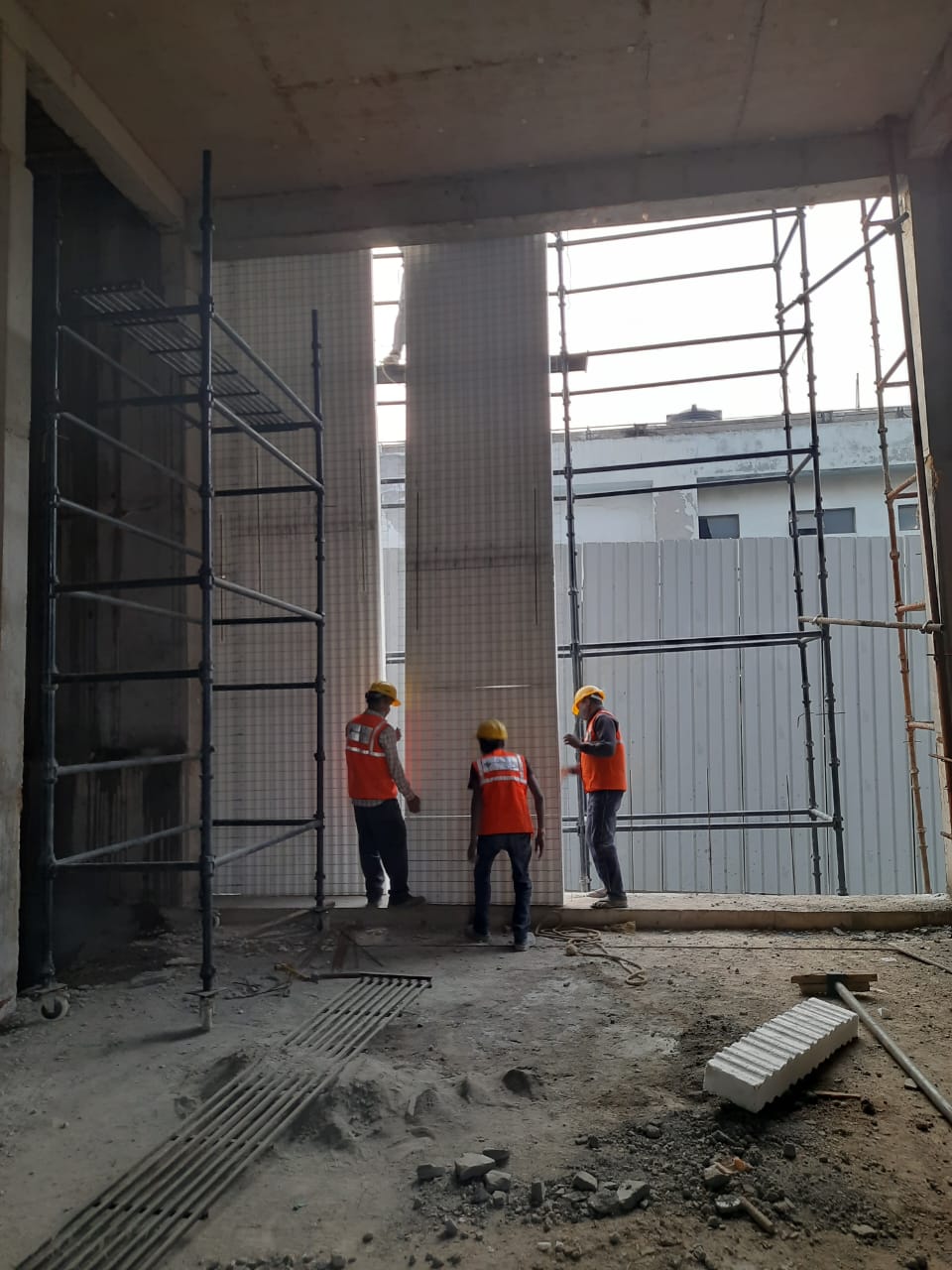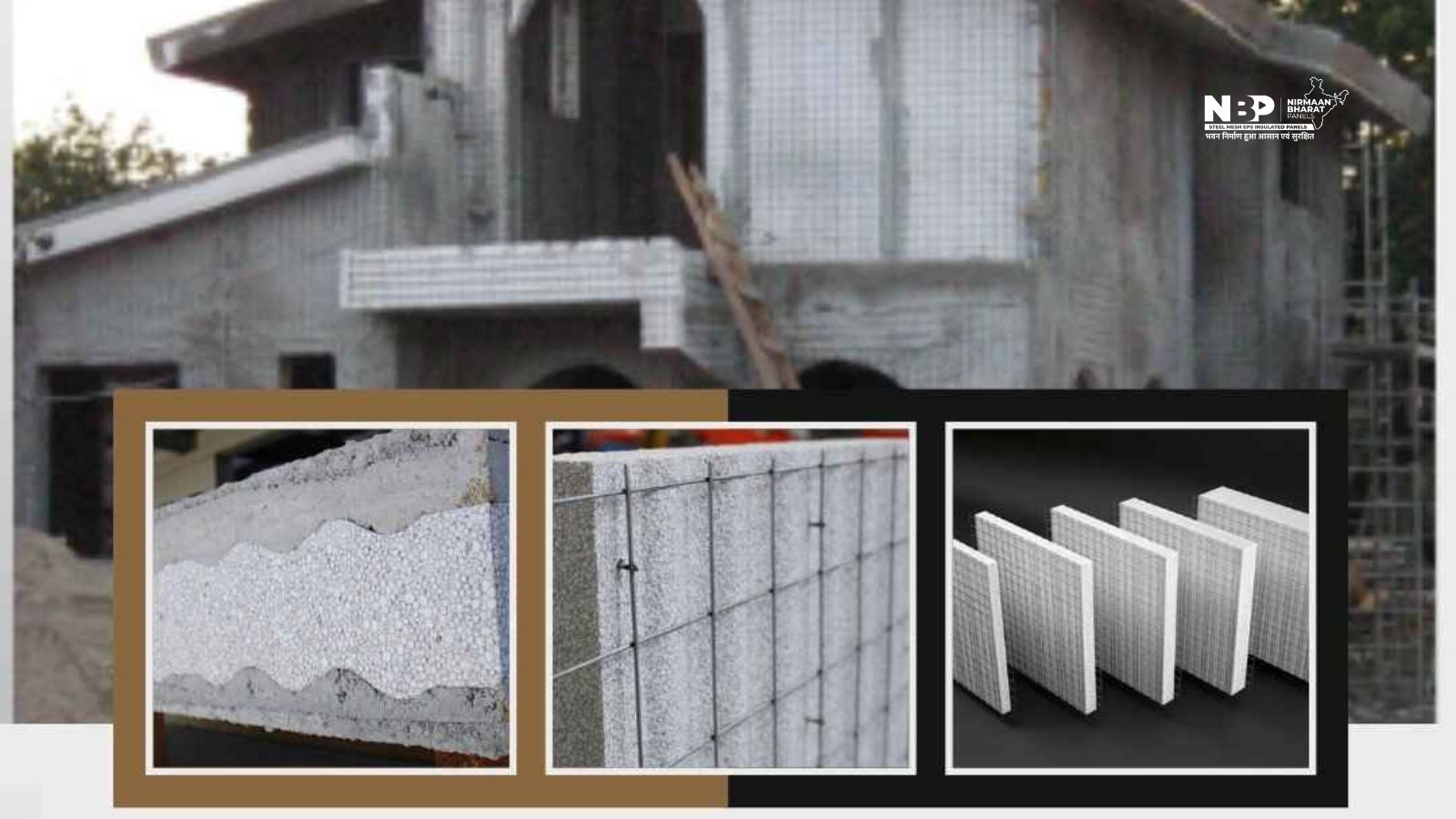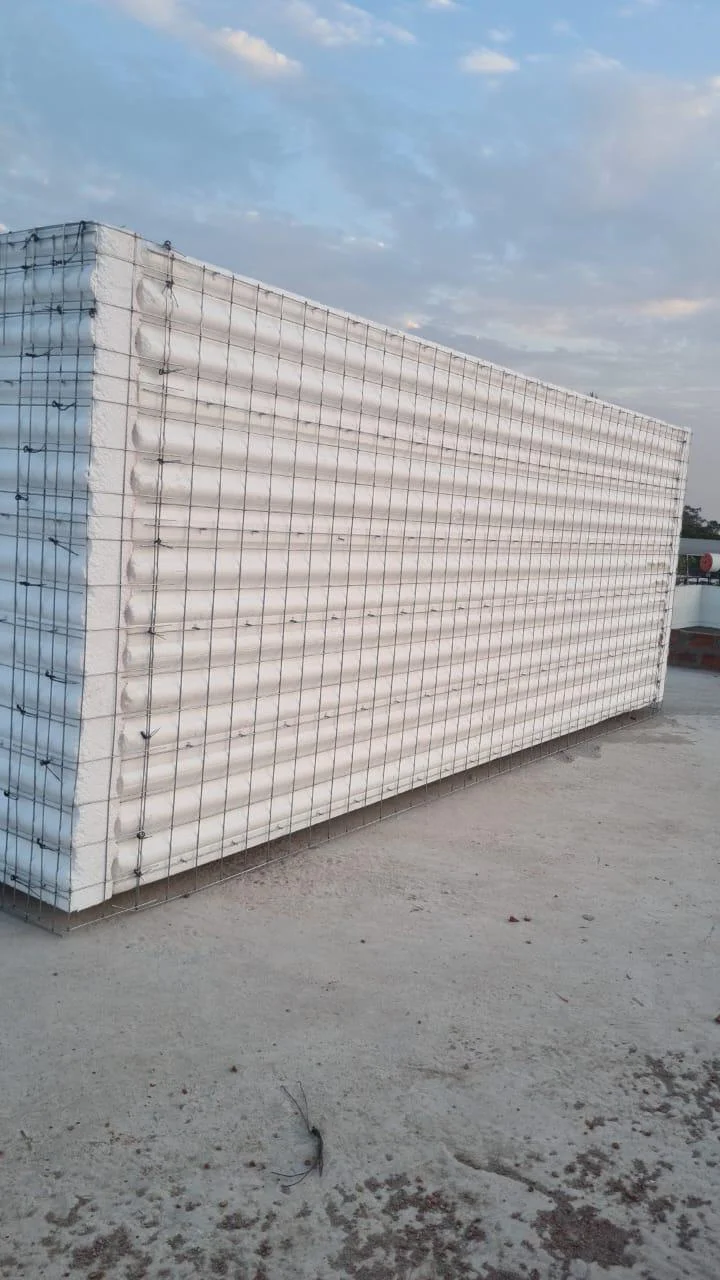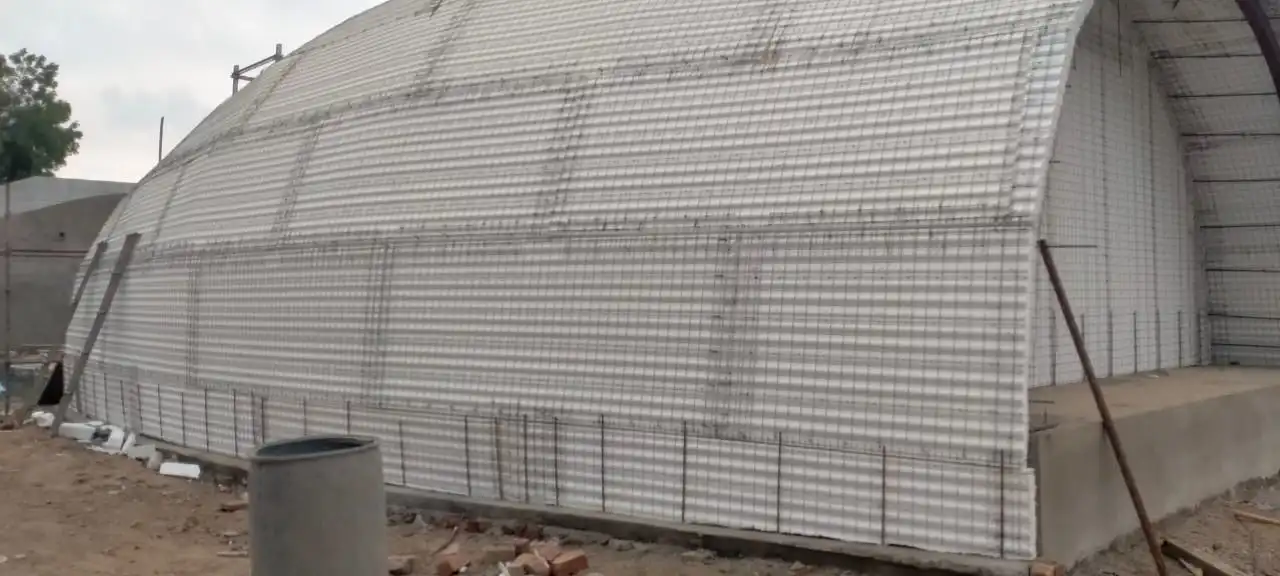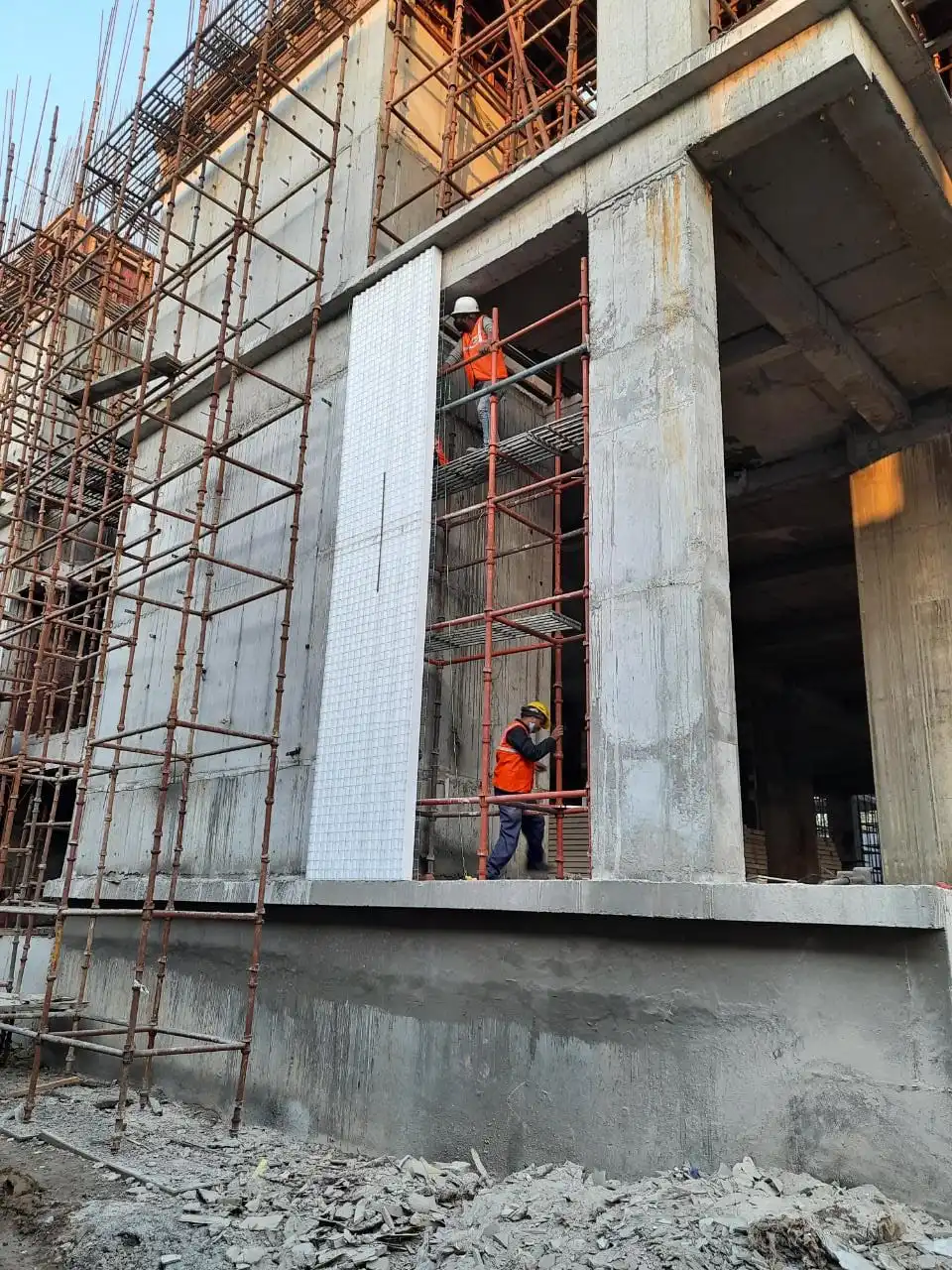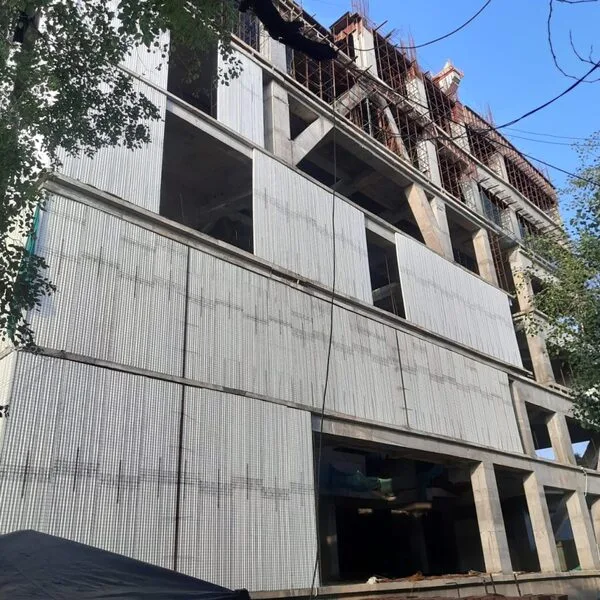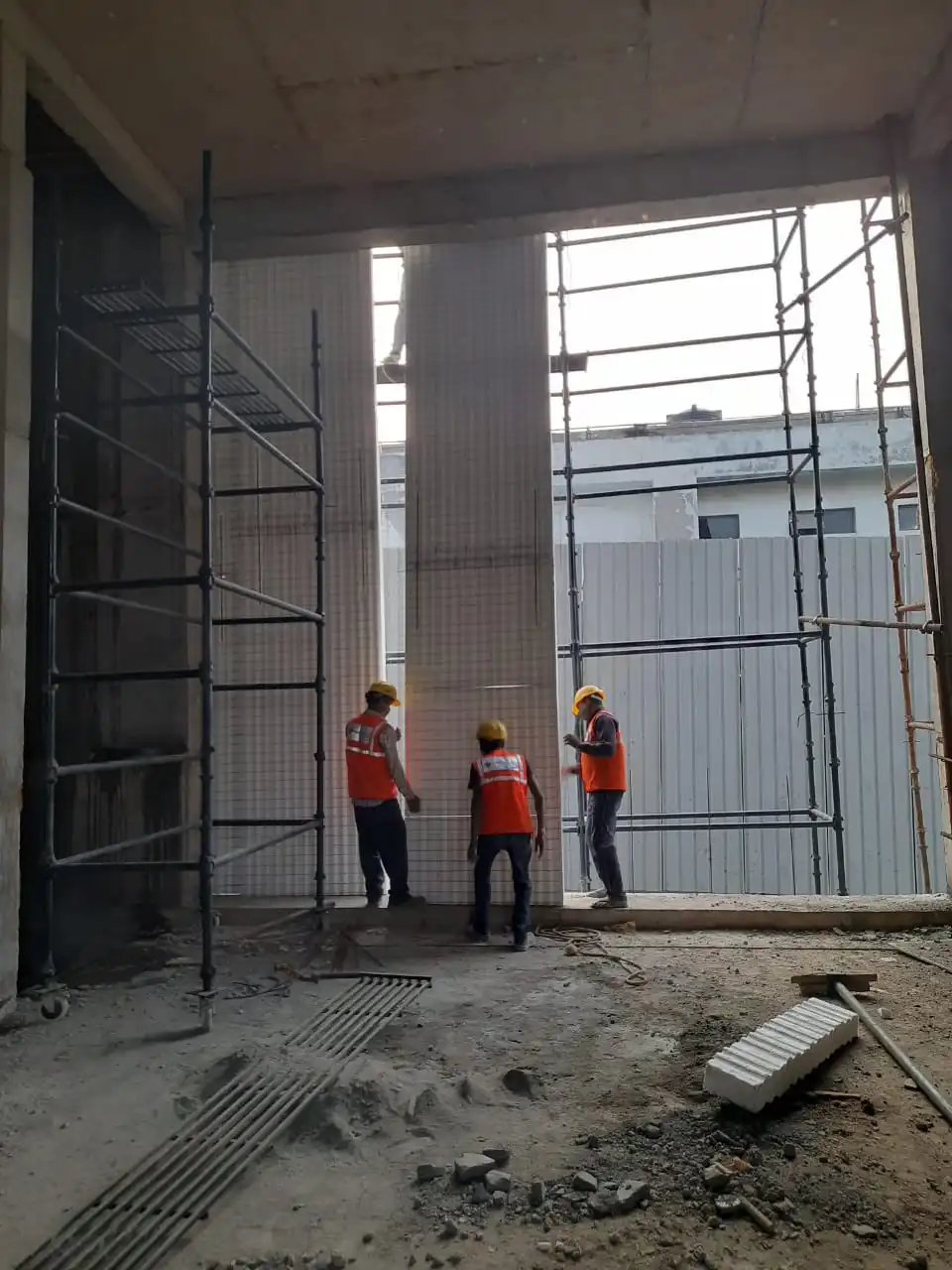In the ever-evolving field of construction materials, architects, builders, and homeowners are continually seeking innovative and durable solutions. Expanded Polystyrene (EPS) panels have emerged as a promising option, providing a unique combination of versatility, insulation, and cost-effectiveness. This blog post aims to delve into the durability of EPS panels, shedding light on their performance in various construction applications.
Table of Contents
ToggleUnderstanding EPS Panels:
EPS panels are a type of insulation material made from expanded polystyrene beads. The manufacturing process involves expanding the beads with steam and then molding them into large panels. These panels exhibit excellent insulation properties, making them popular in both residential and commercial construction projects.
Durability in Structural Applications:
One of the primary concerns when evaluating any construction material is its structural durability. EPS panels have proven to be surprisingly robust, especially when used in the appropriate context. In applications where structural support is crucial, such as walls and roofing, EPS panels demonstrate remarkable strength.
The structural integrity of EPS panels can be attributed to their closed-cell structure, providing a high level of compression strength. This makes them suitable for load-bearing applications, effectively supporting the weight of the building. Additionally, EPS panels are resistant to moisture, preventing structural deterioration over time.
Impact Resistance:
Construction materials must withstand various external forces, including impacts. EPS panels have shown good impact resistance, absorbing and distributing force effectively. This characteristic is particularly important in areas prone to extreme weather conditions, where hail or airborne debris could pose a threat to traditional building materials.
Moreover, the flexibility of EPS panels allows them to absorb and dissipate energy upon impact, reducing the risk of damage. This makes them a durable choice for regions susceptible to severe weather events or areas with high foot traffic.
Longevity and Weather Resistance:
Durability is synonymous with longevity, and EPS panels excel in this aspect. These panels have demonstrated resilience against the elements, maintaining their structural integrity over extended periods. Their closed-cell structure acts as a barrier against moisture, preventing the growth of mold and mildew, which can compromise the lifespan of other materials.
Furthermore, EPS panels are resistant to rot and degradation, ensuring that they remain a reliable component of the building envelope for years. Their ability to resist the damaging effects of UV radiation makes them suitable for outdoor applications, providing a durable solution for exterior insulation.
Fire Performance:
Fire safety is a critical consideration in construction, and EPS panels have undergone rigorous testing to ensure their compliance with fire safety standards. While EPS itself is flammable, manufacturers often treat the panels with flame retardants to enhance their fire resistance. The use of these additives significantly improves the fire performance of EPS panels, making them a safe choice for a wide range of construction applications.
Conclusion:
In conclusion, EPS panels have proven to be a durable and versatile option for various construction applications. Their structural strength, impact resistance, longevity, weather resistance, and fire performance make them a reliable choice for builders and architects seeking innovative solutions. However, like any construction material, proper installation and adherence to recommended guidelines are essential to unlocking the full potential of EPS panels in enhancing the durability and longevity of structures.


